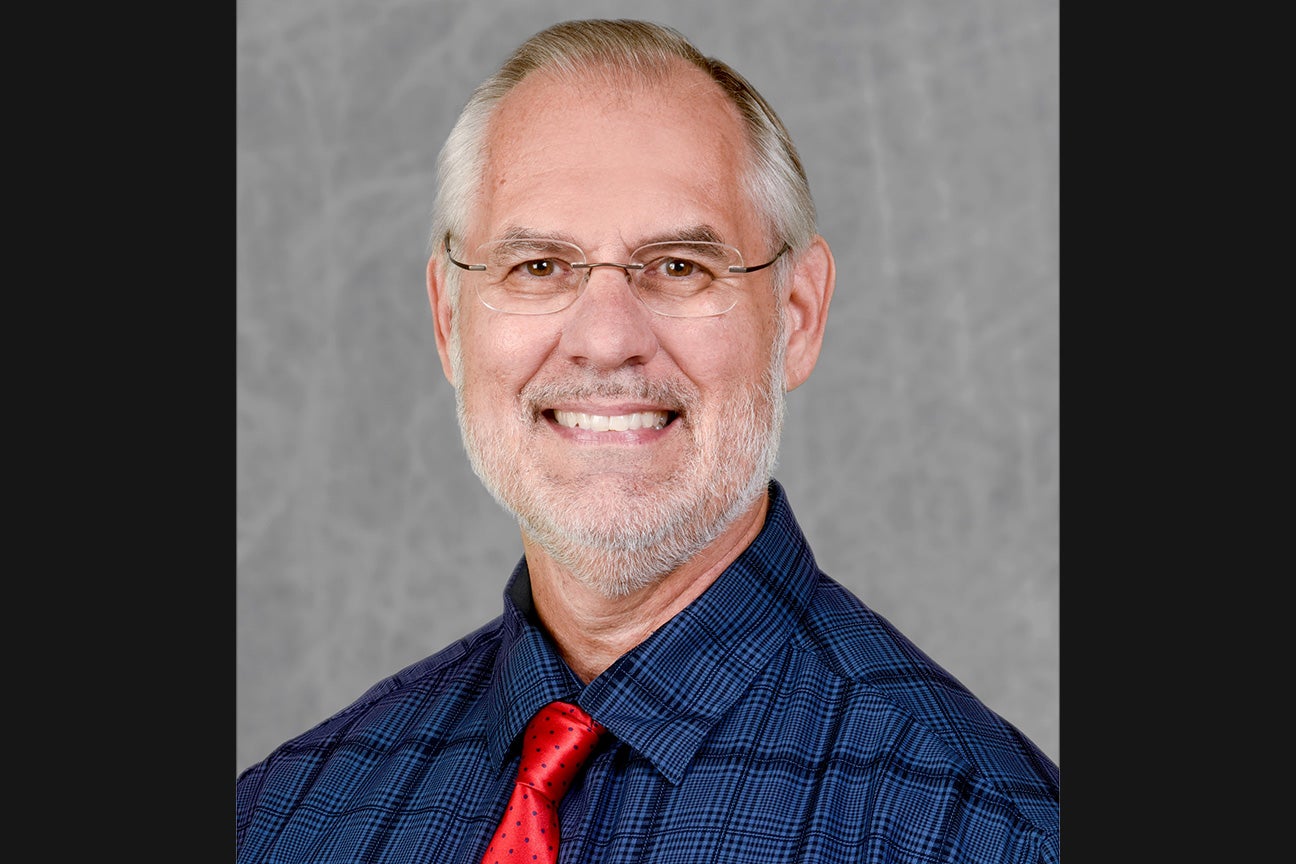One on One: Miss Potts, me and FBI investigations
Published 4:28 am Saturday, October 6, 2018

- D.G. Martin
By D.G. Martin
“You’d better be careful,” my wonderful seventh grade teacher, Miss Winifred Potts, preached to my class more than 65 years ago.
Miss Potts had a set of strategies to encourage us to behave, in and out of class. To discourage mischief-making while she was writing math problems on the blackboard, she told us that people said she could see out of the back of her head.
Her most persuasive tactic, one she used when one or some of us were flirting with serious trouble, was to tell us about her visits from the FBI.
“They come to talk to me when one of my former students is up for a big job in the government. I have to tell them the truth about what I know that person did in my class. Just remember that when you are thinking about getting into trouble with me.”
Ironically, federal intelligence agents did visit my hometown about 10 years later to ask questions about me. I do not know whether they talked to Miss Potts, but one of my high school teachers told me that federal agents had asked about my connections to suspected troublemakers.
Those questions were, I think, because of my effort to gain a top security clearance when I was in the Army and being considered for a position in the Army’s counterintelligence corps and training in counterintelligence operations.
That training was designed to prepare me to work on background investigations for others who were seeking security clearances or assignments to sensitive positions.
After my counterintelligence training, I took on other positions in the Army and never had a chance to use the investigative skills I learned in training.
Later on as a lawyer, I once was employed to investigate an alleged scheme to secretively and illegally funnel corporate funds into a political campaign. Working on this project, I learned the frustrations of seeking the truth from people involved in the activities that brought about the investigation and from their friends and colleagues.
Finally, many years later, the FBI came to interview me about my connection to political candidate. This connection was remote, but investigators heard that I had been in the same room with the accused when important information was promulgated.
At first, I had no memory of the event whatsoever. But the FBI agent kept coming back until I remembered a few details. Then he requested copies of all of my emails that might have any connection with the accused or his family. I was impatient with what I thought was wasted time and effort on the part of the agent. But I was impressed with his diligence and commitment to get to the bottom of whatever connection I might have had.
Why have I burdened you with all these personal details and unexceptional personal experiences?
It is only to assert that I know just a little something about the intricacies and difficulties of conducting FBI and other serious investigations. I think that “little something” put me in a position to assert that I know that investigations can be amazingly productive when diligent investigators, with good resources, are put on the case and given the time to find the facts.
Time is critical.
Time to prepare and conduct the interviews. Time to run down leads and to follow up. The facts don’t magically appear and when the facts do appear, they are often conflicting and require more follow-up.
So at the end of a hard-charging, but time-limited, weeklong FBI investigation of Judge Kavanaugh and Dr. Ford, we may know much more than we do now.
But not nearly all there is to know.
D.G. Martin hosts “North Carolina Bookwatch.”




